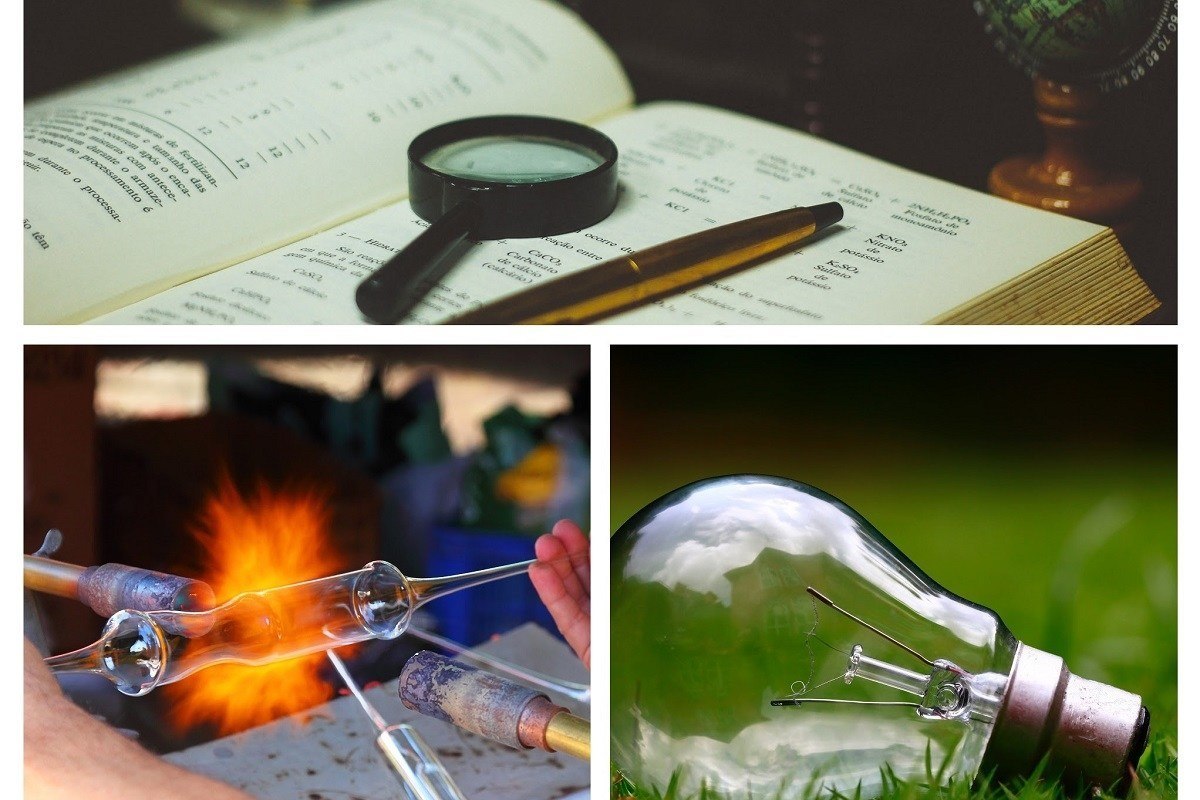
Contrary to what my friends and family say, I don’t really want to tell anyone how to live their life.
The reason is, I believe the formula for a ‘good life’ or a ‘life worth living’ is different for each person. There are some commonalities of course – food, water, shelter, safety, security (what I think of as basic needs), but once we are talking about self-fulfilment or life satisfaction, its ‘different strokes for different folks’.
With this in mind, when I set out writing this blog, I wanted to maintain a broad scope. I wanted to try and cover as many interesting health and well-being topics as possible. In this respect, the journey has only just begun and there is a world of ideas and concepts that I hope to cover in future posts. We’ve only just scratched the surface.
Content that I produce falls into a number of categories. Some of these categories require little explanation, for example posts about upcoming events, reviews of web or mobile resources, or posts about services available to you as students. In these posts I seek to indirectly improve your well-being by directing you to useful content/events happening elsewhere.
The rest of my content however is targeted at directly improving your well-being. To do this I present content in three main forms: Findings, Ideas and Skills.
Findings
When I present ‘Findings’ I am essentially summarising the outcomes of published research or reports that I think you, as a student, might find interesting. For example, I recently wrote about the findings from a report into the impact of social media on youth mental health. The goal of posts like these are to increase your knowledge about health and well-being issues relevant to students. You may find that you are able to use this knowledge to make meaningful challenges in your life – for example, decreasing or changing your social media use. You will also be in command of a range of facts you can use at dinner parties (if people still have dinner parties that is..).
Ideas/concepts
In some posts, I present ideas or concepts that I have found in books, on the web, in research, or in conversation with my psychology and mental health colleagues. A good example is this post I wrote on procrastination, in which I explored the philosophy of a counsellor who works with procrastinators. The goal of such posts is to introduce you to ideas and philosophies that other people have found helpful in finding peace or making positive changes in their life. Considering these ideas/philosophies might help you change your perspective on an issue, challenge your preconceptions, or introduce you to new or alternative ways of looking at things.
Skills/tools
Finally some of my posts are very skills based, where I attempt to teach or instruct you on the implementation of a particular well-being skill or technique. For example I recently wrote a post on how to identify your values, using a values card sorting task. The goal of these posts is to give you tangible skills you can use to improve your health and well-being. Furthermore, these posts might inspire you to pursue further instruction in a given area.
Now admittedly, I am limited in a single blog post to teaching relatively simple skills, but in the coming year, I’ll be taking some of these blog posts and creating full modules or courses that you do, alongside your studies, that provide more advanced skills for well-being. For example, we will be taking the procrastination posts and creating an online course to help specifically address procrastination.
Final words
I didn’t realise at the time I was studying psychology, that the research, ideas, and skills that I was learning would ultimately help me more in my personal life, than in my career. Since completing my degree, I’ve continued to take an ongoing interest in different well-being concepts and ideas, by reading articles, research, talking with my colleagues and sitting in my garden having deep thoughts (that last one is bullshit).
In this blog, I am trying somewhat to re-create this journey for you as the reader – giving you a bit of a guided tour of the world of well-being research, ideas and tools. I hope you find it useful.
Want to comment on this article, or ask me a question about the health and well-being services available to you as a student? Feel free to comment below, abuse me on Twitter (@Dr_Furber), contact me on Skype (search for ‘eMental Health Project Officer Gareth’), or email me (gareth.furber@flinders.edu.au)

